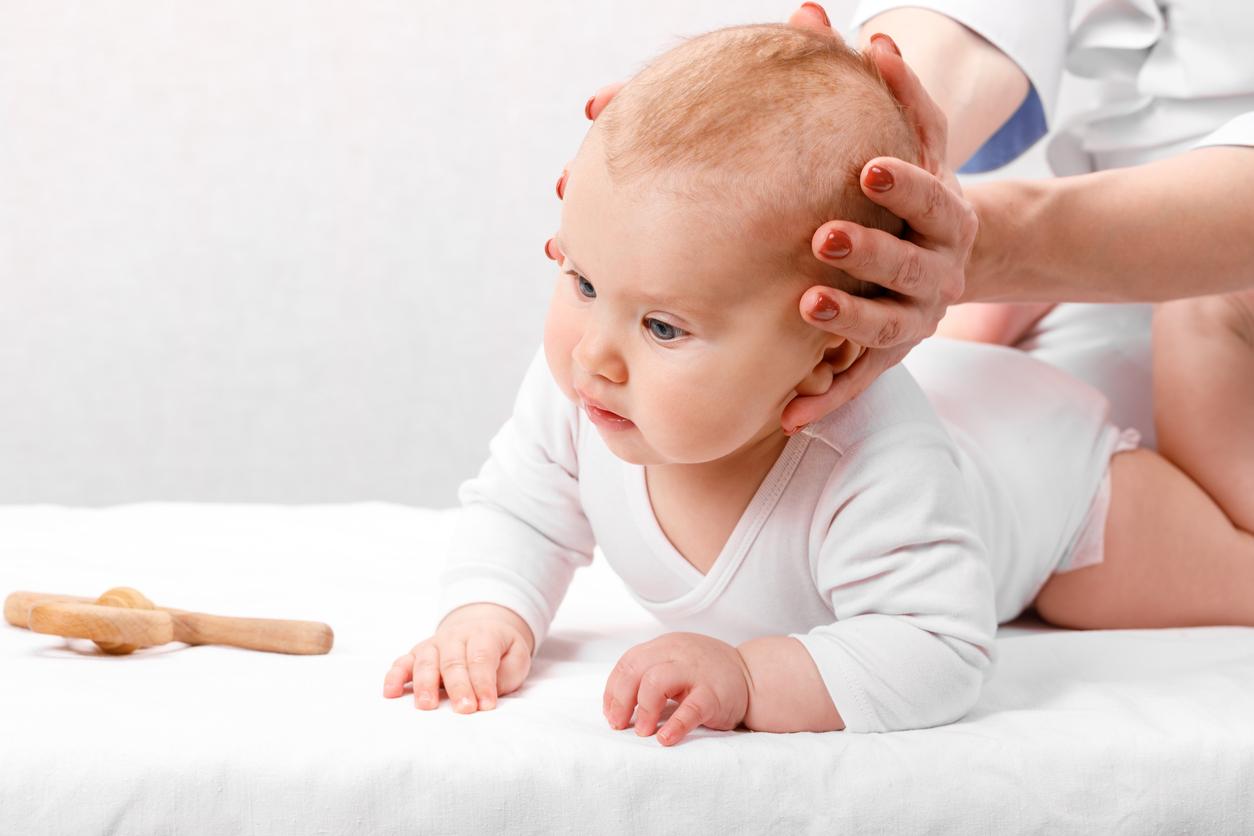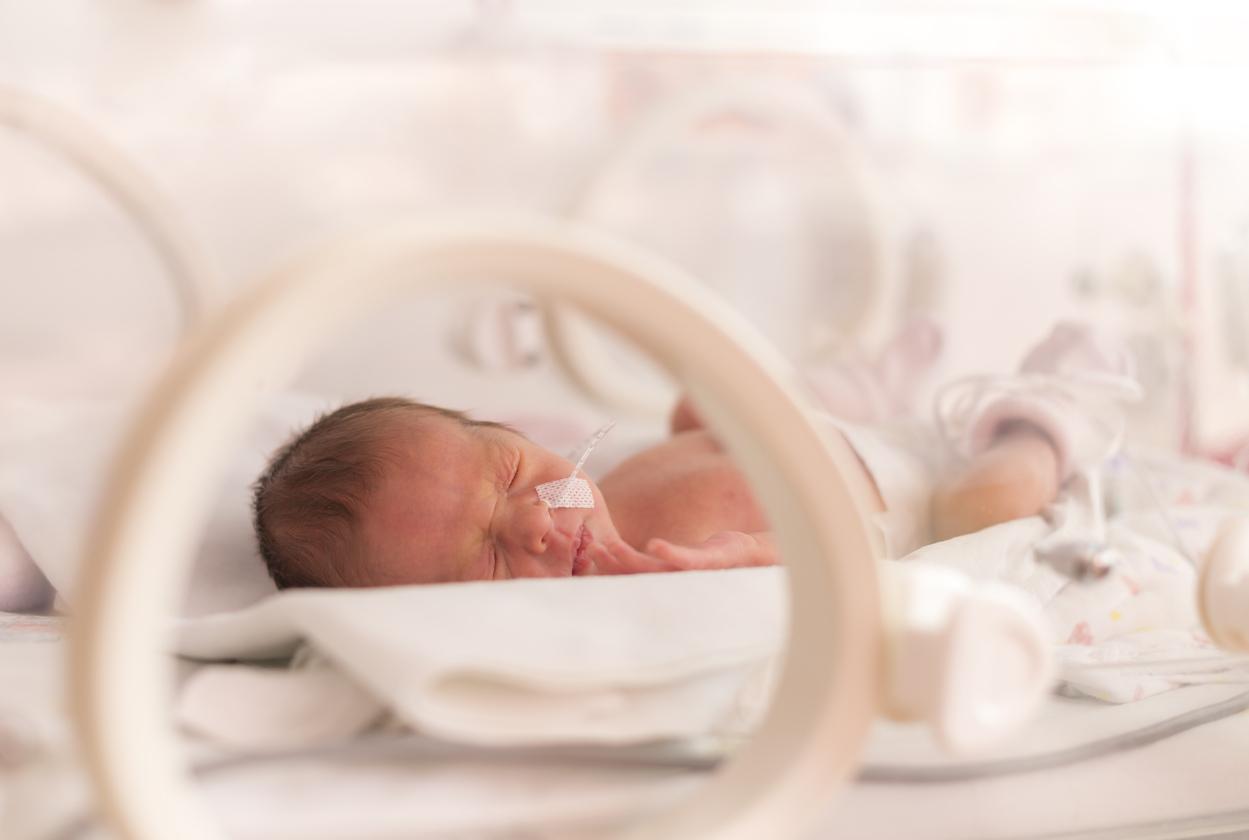According to a survey, 92% of fathers attended the delivery of their child and 50% spend more than a week with their baby and his mother after birth.

Before the 1950s, delivery rooms were closed to men. In recent decades, of course, the trend has changed and, by the time seven out of ten French people take paternity leave on average, more and more of them want to be present at the birth of their child. According to a survey conducted by the Tiniloo company, 92% of fathers surveyed attended the birth. According to this questionnaire, they are also 50.50% to spend between one and two weeks with the mother and their offspring after birth.
Once the baby is home, more than half of them say they take care of it between one and three hours a day. 25.6% of them boast of being better storytellers than the mother. And, in addition to stories, fathers love to play with their child, a passion they often share with the mother. Thus, to the question “Who plays the most with baby?”, 70% of parents say they play with the same intensity.
Same figure for choosing together large childcare items such as strollers or car seats. But if one of the two has to stick to it, it will still remain mom at 24.9% against 5.6% for dad.
Fathers more zen than mothers
But where fathers miss the most is when the child is sick. In which case it is almost always the mother (63.6%) or a grandparent (23%) who takes care of it: only 13.20% of dads stay at home. They are also few to get up at night to take care of the child when he cries. Unsurprisingly, to the question “Who gets up mainly at night when baby cries?”, mothers dominate at 54% while 37.60% of couples share this task and only 8.70% of fathers regularly motivate each other to give the bottle of their initiative.
But dads obviously still have their own strengths. Thus, while only 42% of mothers manage to remain calm when baby is injured, even very slightly, 48.70% of men remain in control.
Additional paternity leave
The poll comes even as a law providing additional paternity leave for fathers whose children are immediately hospitalized without being discharged came into force on Monday 1er July. “They are now entitled to a maximum of 30 days of leave which will run for the duration of hospitalization. This leave is added to the 3 days of birth and the 11 days of classic paternity leave”, explains Charlotte Bouvard, founder of SOS Premathe association that worked to implement this reform at Allodocteursrecalling that, for those in the public service, the measure should be effective at the end of the year.
An advance that is all the more necessary, according to Charlotte Bouvard, since “there are scientific studies which show that the continuous presence of both parents with the baby promotes the parent-child bond, reduces the hospitalization time by 5.3 days on average and improves the baby’s development in the long term”.
the classic paternity leave was set up in 2002. Ten years later, nearly seven out of ten fathers eligible for the scheme, with at least one child under the age of 3, have used this leave, according to a survey carried out by the Department of research studies and evaluation and statistics. Most received all the days granted and took them within a week of giving birth, like the mother in most cases.
.















